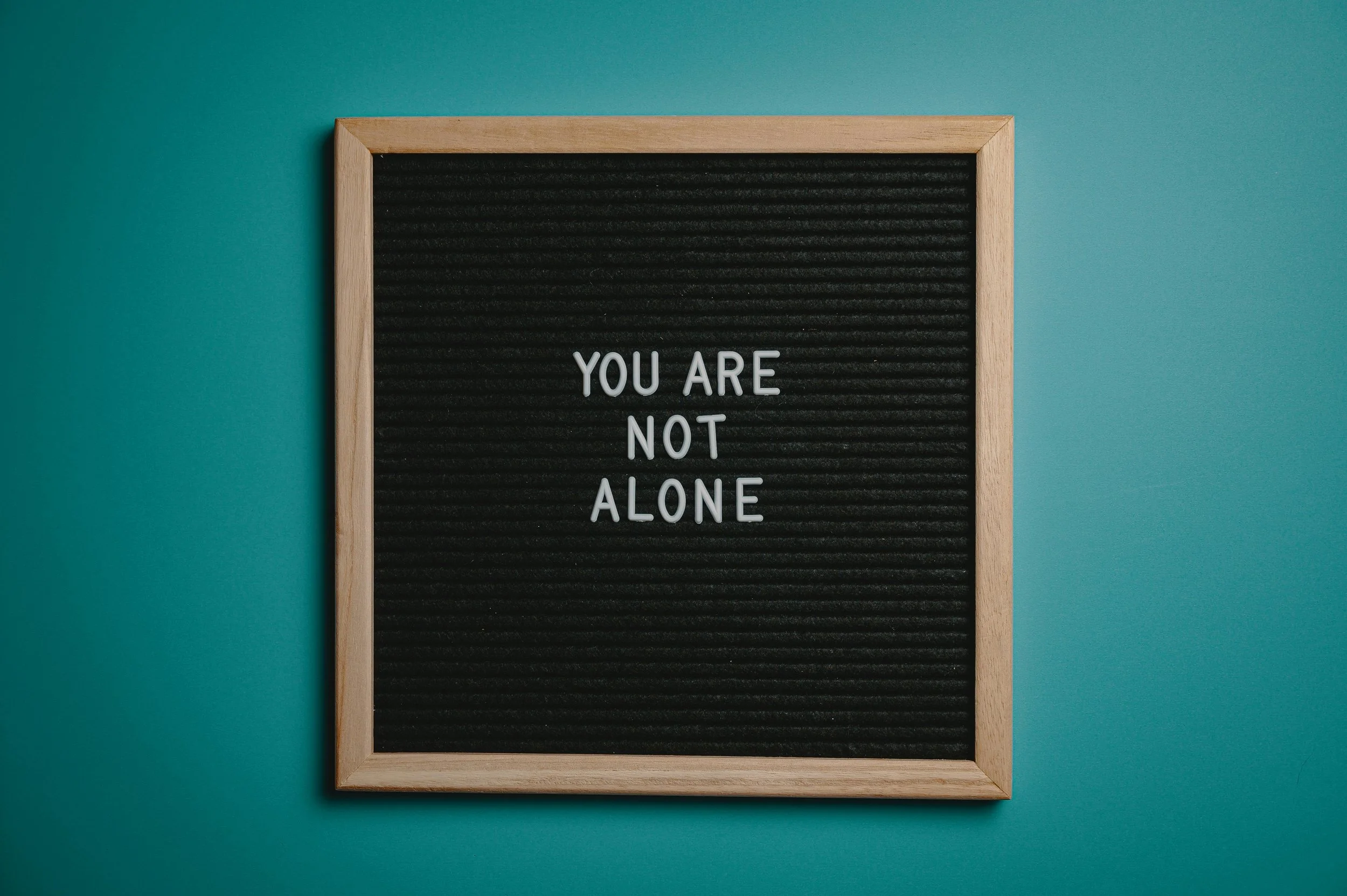Navigating Relapses and Setbacks: How Your Recovery Coach Can Help

At a glance:
Setbacks are a normal part of recovery, but it does not mean your progress has completely failed.
A recovery coach provides guidance and support, a safe space, advocacy, and coping skills that address relapse.
They reframed setbacks, moving attention away from failure toward learning, building resiliency, and promoting self-compassion.
Recovery coaches connect you to the right support, which offers access to therapists, community programs, and NDIS services for continuous development.
Living with a psychosocial and mental condition requires a lot of resilience and self-discovery, which helps in the overall progress.
During your recovery, it is certain that you will have great progress at times; however, there are times when you can face some relapses and setbacks, which might seem like all of your progress is gone.
However, that is not true, and it is common to have relapses and setbacks when the symptoms are worsened, something triggers emotional distress.
We know these moments are very critical and can feel discouraging. But trust us when we say that this is not the end of your progress.
Having a recovery is not a straight road but a process of learning, growing, and adapting.
As a result, having the right support system, especially from a dedicated recovery coach, can make all the difference in navigating these challenges with confidence and self-compassion.
So, in this blog, we will cover a good recovery coach who can help you address relapse and setbacks.
The Importance of Navigating Relapses and Setbacks
A relapse and setback do not stop the end of your progress. It is a common thing with people having psychosocial conditions.
However, when it is not addressed properly, it can get overwhelming to manage these temporary obstacles.
It is usual for the patients to have feelings of frustration and self-blame. Moreover, a setback can cause a severe loss of motivation and hope with fear of judgment.
And then it can also make it difficult for the patients to access help and support at the right time.
These are the reasons a recovery coach is so valuable. They provide emotional and functional assistance, keeping you connected to your goals while validating your experiences and helping you to keep going.
What Causes Relapse and Setbacks?
Setbacks and relapse may occur for any number of reasons, and most are beyond your control. A few of the most common triggers are changes in routine, stressful life events, poor support, physical health changes, and emotional burnout.
A change in one's daily routine, such as from a new job or a relocation, can upset stability. Loss, relationship conflict, or financial difficulties can also affect one emotionally.
Isolation or improper services, which can trigger mental stress, can put progress in the stall. Physical change in health also impacts mental health and motivation. Likewise, working too intensely without rest may cause emotional fatigue, which in turn results in setbacks.
Although we don't know what exactly triggers the relapse of setbacks, we know that understanding setbacks as a part of the normal recovery process may enable you to react to them with self-kindness instead of self-blame.
How Your Recovery Coach Supports You Through Setbacks
Having a recovery coach can be the best decision when you are going through a relapse or a setback. They can be a guide and motivator during this difficult time. Here is how a proper recovery coach helps you.
Listening without Judgement
One of the most difficult things to handle during a setback and relapse is feeling misunderstood and unheard by others. Moreover, during this time, it is not uncommon to feel judged when you open up about your struggles.
However, when you have a recovery coach, you can get a safe space where you can open up about how you feel and do not have to worry about any kind of judgment.
A recovery coach listens to you and validates your feelings, which helps you in processing your thoughts.
This can help you feel supported. There are times when having someone who listens to you makes all the difference.
Advocating You When You are Feeling Down
It’s easy to feel lost or unheard in the mental health system. This is where a recovery coach comes into the picture.
They act as your advocate, ensuring your needs and goals remain a priority. A recovery coach also celebrates and supports your progress.
They might do it by standing by you when things feel right and reminding you of your growth and resilience. Likewise, they also ensure that you receive the right NDIS support.
Offer Coping Strategies
When you are going through setbacks and relapses, feelings get quite overwhelming. Your recovery coach provides real, realistic steps you can take to regain your balance.
This process includes discovering your triggers, grounding your experience, changing daily habits, and creating a crisis plan to plot out difficult times.
These are empowering tools to make small steps toward feeling better without guilt or pressure.
Helping you Understand the Reality
Mental health challenges can distort your perspective and vision, making you see things more seriously than they actually are.
A recovery coach helps you gain perspective on the bigger picture, separating short-term struggles from long-term achievements.
They help you figure out what is upsetting you, validate strengths and past success, and step away from self-doubt and towards solving problems. This change allows you to move forward with greater confidence and self-awareness.
Connecting You to the Right Support Services
Taking care of a psychosocial disability is not something you need to do it alone. If required, your recovery coach offers you the necessary support coordination services, including emotional support therapists and counsellors, peer connection community support programs, and NDIS resources specifically personalised to your unique needs.
This can be very important when you require additional help along with the mental health coach. With their help, you can determine the assistance that you require without becoming lost or trapped.
Relapses and setbacks are intimidating, but they do not dictate your course of progress. Living with a psychosocial disability takes resiliency, self-acceptance, and the right support system to guide you through difficult times. A recovery coach is not merely teaching and guiding you on how to manage but someone who provides a safe place where you feel heard, understood, and empowered.
Setbacks are not a signal of failure and are a natural part of recovery. They offer an opportunity for growth, learning, and self-awareness. With the right tools, advocacy, and emotional support, you can get back on track, regain confidence, and continue moving forward toward your goals.
Contact Clearpath NDIS today to discuss how our recovery coaches can assist in your journey to recovery.
Discover More Insights Here
Explore our collection of informative articles.




